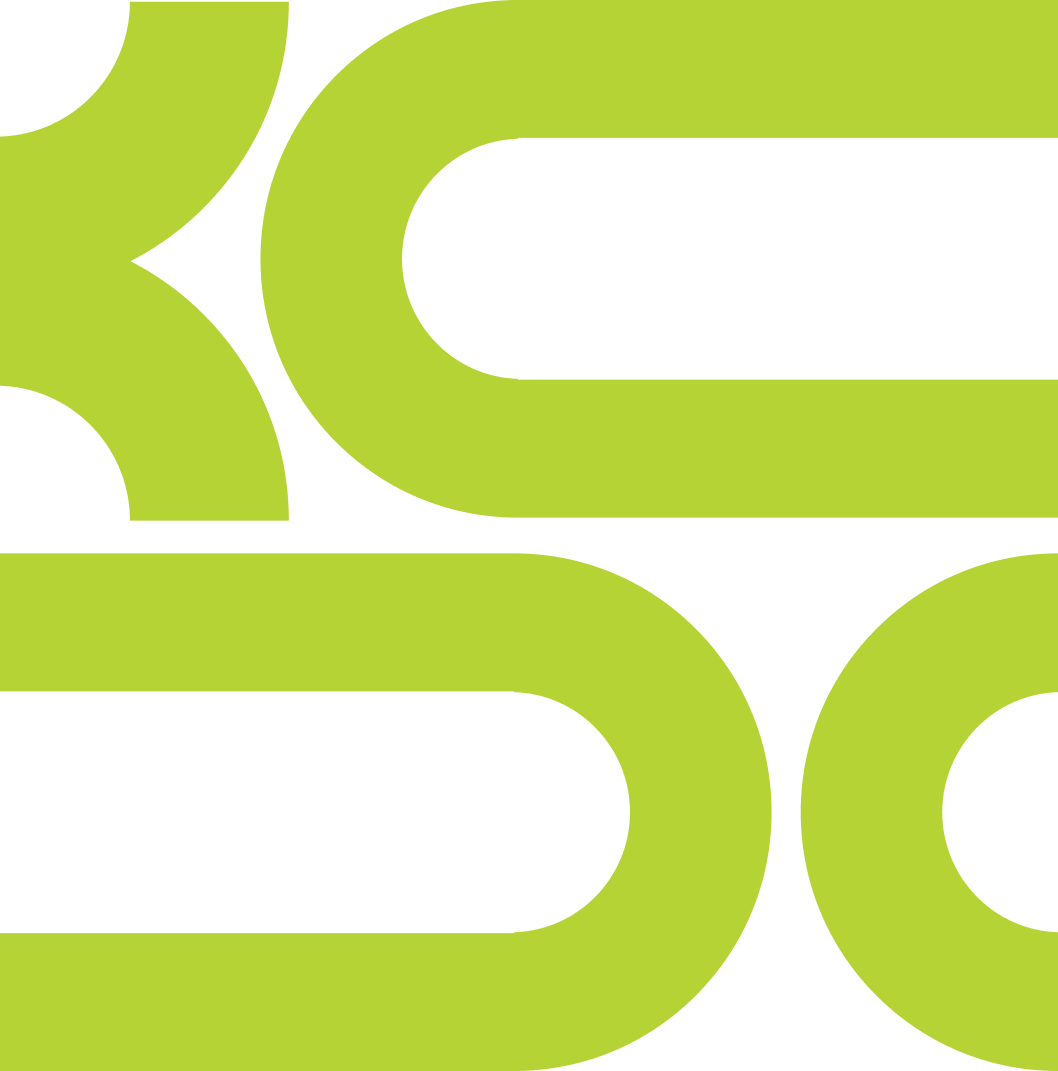Food Systems that Strengthen Communities
This semester, our studio has been focusing on the Dunbar neighborhood and how design can play a role in building community resilience. A big part of that work centers around the idea of a Resilience Hub, a place that supports the neighborhood through access to resources, education, and connection. While each group has taken a different approach, several projects are exploring how food systems can plug into and strengthen that hub.
Some of the ideas include community gardens, chicken coops, green walls, farmers markets, and rainwater harvesting systems that encourage sustainable ways to grow and share food. These projects aim to do more than improve food access, they’re about creating spaces that bring people together, promote learning, and celebrate the history and culture of Dunbar. Once known as the “Garden of Eden”, Dunbar was once a self-sustaining community with deep agricultural roots. By thoughtfully integrating these sustainable, community-focused elements, the projects honor the neighborhood’s heritage while nurturing a renewed sense of pride and connection. Through this process, our studio is learning how intentional design can cultivate resilience, both environmentally and socially, within the community.
Outside of studio, the Industrial Design students attended the Healthcare Design Conference + Expo this week. Which was a great opportunity to network with professionals, explore innovative ideas in healthcare design, and gain new inspiration to bring back to the studio.






